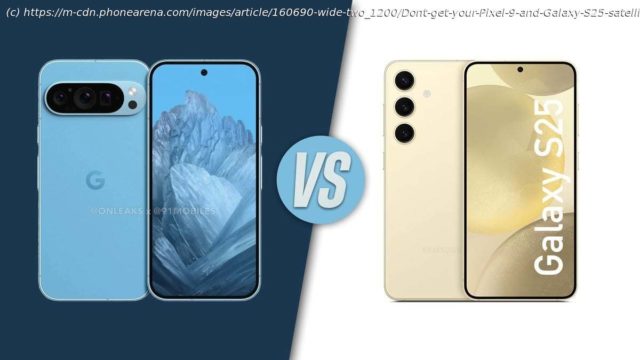Emergency SOS doesn’t cut it anymore.
Buried deep in the Pixel 9 series software code are references to Samsung’s Exynos 5400 modem, a newer generation than what is in the Pixel 8, and a unit that comes with satellite connectivity on top of all the 5G download speed improvements.
Samsung, on the other hand, may also be one of the first to take advantage of Android 15’s satellite connectivity feature for its Galaxy phones, perhaps even with the official update release for the Galaxy S24 or Z Fold 6 later this year, but most likely in time for the Galaxy S25 series. There is a functionality gap, though.Google Pixel, Samsung Galaxy, and the emergency text
While Android 15 supports satellite connectivity, the abilities of the system are rather rudimentary for anything beyond what the iPhone 15 and its own such option already offers. One can send emergency alerts in the form of a short text message from areas not covered by a carrier signal, and that’s about it. Granted, this might be a lifesaver in more situations than one, but the vaunted satellite connectivity is with a very limited bandwidth and capabilities for now.
Apple uses the n53 satellite connectivity band of Globalstar as a partner for the Emergency SOS service that works on iPhones without cellular coverage, and it remains to be seen whose service will Google or Samsung sign up their phones for.
SpaceX offers satellites that can serve as cell phone towers in space | Image credit – SpaceX
Apple fronted Globalstar millions for new satellites as the iPhone’s emergency messaging service was hogging a large part of its network, too, so Google and Samsung may go with a larger, more established player, or rely on direct-to-cell service providers like SpaceX.
When Qualcomm partnered with Iridium for the Snapdragon Satellite service on its own chipsets last year, however, the deal quickly fell apart despite that Qualcomm demonstrated the service for us at last year’s MWC and said it is in talks with many partners among major phone makers.






